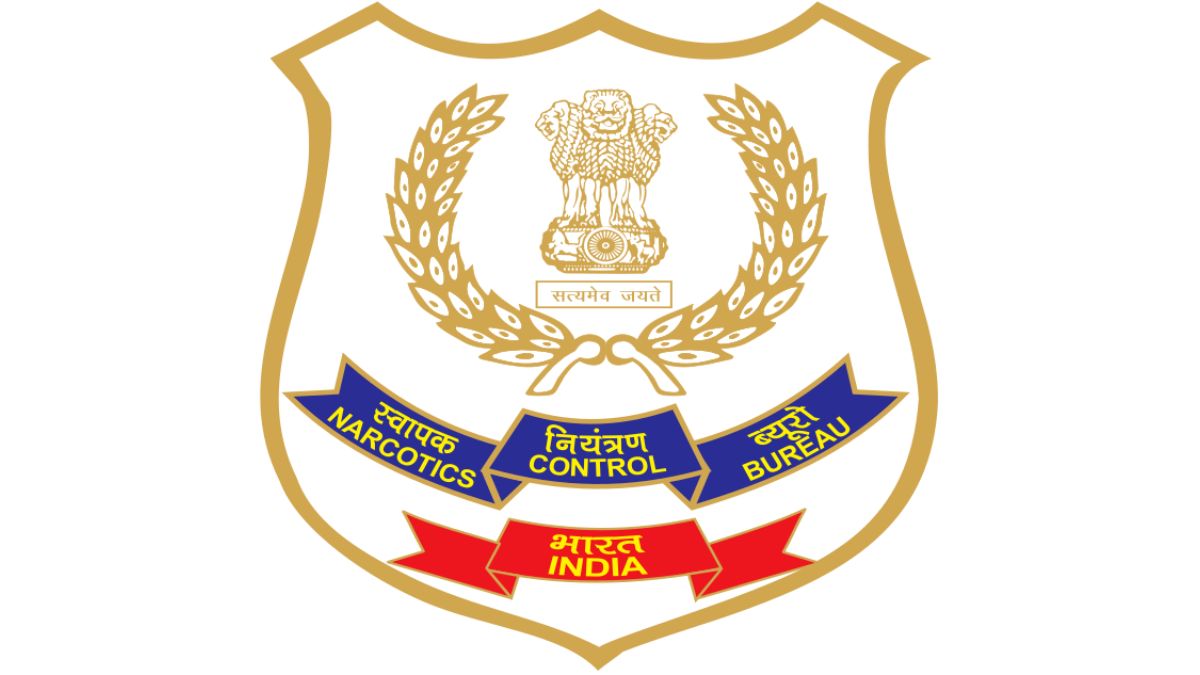NCB Officers Must Follow “Toofan Singh” Judgement on Confessional Statements: Supreme Court Reiterates
New Delhi – March 8th, 2024: The Supreme Court has issued a firm directive, reminding Narcotics Control Bureau (NCB) officers to strictly adhere to the precedent set in the landmark case of “Toofan Singh vs. State of Tamil Nadu” (2021). This case established a crucial precedent. It declared confessional statements recorded under Section 67 of the Narcotic Drugs and Psychotropic Substances Act (NDPS Act) inadmissible as evidence in court trials. Furthermore, the Court emphasized the importance of this ruling in light of the NCB complaint itself, which mistakenly referred to these statements as admissible evidence. This clarification ensures that NCB officers operate within the legal framework established by the “Toofan Singh” judgement.
Case in Focus: Challenging Admissibility of Confessional Statement
The recent case centered around the seizure of Tramadol tablets from a parcel and the subsequent arrest of an individual based on information gleaned from another accused during questioning. This raised a critical legal question about the admissibility of such statements.
Here, the defense argued two key points:
- The prosecution’s case solely relied on an inadmissible confession obtained under Section 67 of the NDPS Act, as established in the “Toofan Singh” judgement.
- There was no direct evidence linking the accused to the seized drugs, neither through recovery from his person nor during a search of his premises.
High Court Decision and Appeal Outcome
Despite the arguments presented, the High Court rejected the anticipatory bail plea, citing prima facie evidence connecting the accused to the parcel. The need for further investigation, including potentially custodial interrogation, was deemed necessary.
The accused challenged the decision in the Supreme Court, but their appeal was dismissed because of a significant delay in filing.
Supreme Court Clarifies NCB’s Responsibility Regarding Confessional Statements
Despite dismissing the appeal, the Supreme Court took this chance to tackle a crucial problem with NCB protocol.
The Court noted a concerning aspect of the NCB complaint. Moreover, It referred to statements under Section 67 as admissible evidence. To address this misconception and ensure proper legal procedure, the Supreme Court issued a clear directive:
NCB Must Abide by “Toofan Singh” Judgement on Confessional Statements
In a firm directive, the Supreme Court mandated NCB compliance with the “Toofan Singh” ruling. The “Toofan Singh” judgement clarifies that confessions recorded under Section 67 of the NDPS Act are inadmissible as evidence. Of course, They hold no legal weight in court.
Read More
- Manoj Agarwal And Anr. v. State of Uttar Pradesh And Anr. SLP(Crl) No. 8242 of 2021
- Indian Evidence Act: The Bharatiya Sakhshya Bill
- Celebrating the Significance of the Specific Relief Act, 1963: Key Provisions and Legal Insights
- Unlocking Justice with Unparalleled Expertise: Indian Penal Code (IPC) Legal Services
- Website of Narcotics Control Bureau of India
- National
This decision serves as a vital reminder to NCB officials about the legal limitations regarding confessional statements. Finally, It underscores the importance of gathering independent evidence to build a strong case that can stand on its own merit in court.

